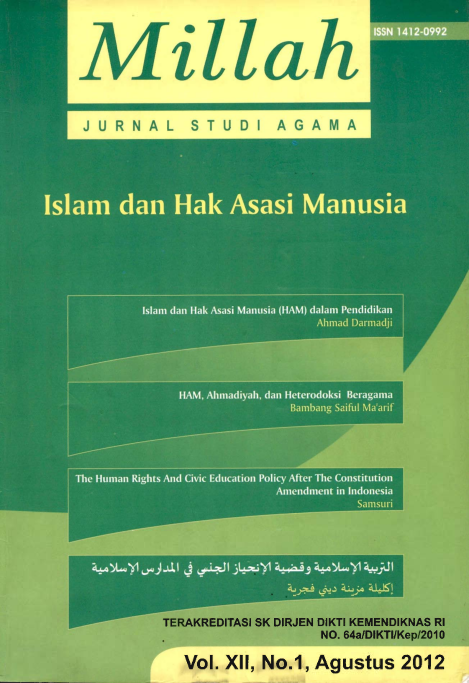Main Article Content
Abstract
The purpose of this research is to determine the effects of the activities of communities, and factors that influence the success of ecosystem conservation of the critical lands in Imogiri. The research conducted through direct approach to the peasant community by inquiring their preference in the implementation of ecosystem conservation. The peasants’ preferences used to determine the factors influencing the community's interests in ecosystem conservation. This research employed quantitative method with Analytic Hierarchy Process (AHP) approach. The software used was Expert Choice Professional version 9.00 with Inconsistent Ratio (m)< 10%. Data collection was conducted using interview and structured-questionnaires. The result of the research shows that the major motivation of the community for carrying out conservation efforts was to increase their welfare. Moreover, environmental conservation was perceived as a basic human right that would, increase people's livelihood. In addition, people's participation was a strong factor that showed how the responsibility of ecosystem conservation was shared among the community. In this regard, the community has been an agent of change, who has changed the critical lands into the fertile lands that bring hope for the future generation.
Article Details
Authors retain copyright and grant the journal right of first publication with the work simultaneously licensed under a Creative Commons Attribution (CC-BY-SA) 4.0 License that allows others to share the work with an acknowledgment of the work’s authorship and initial publication in this journal.




